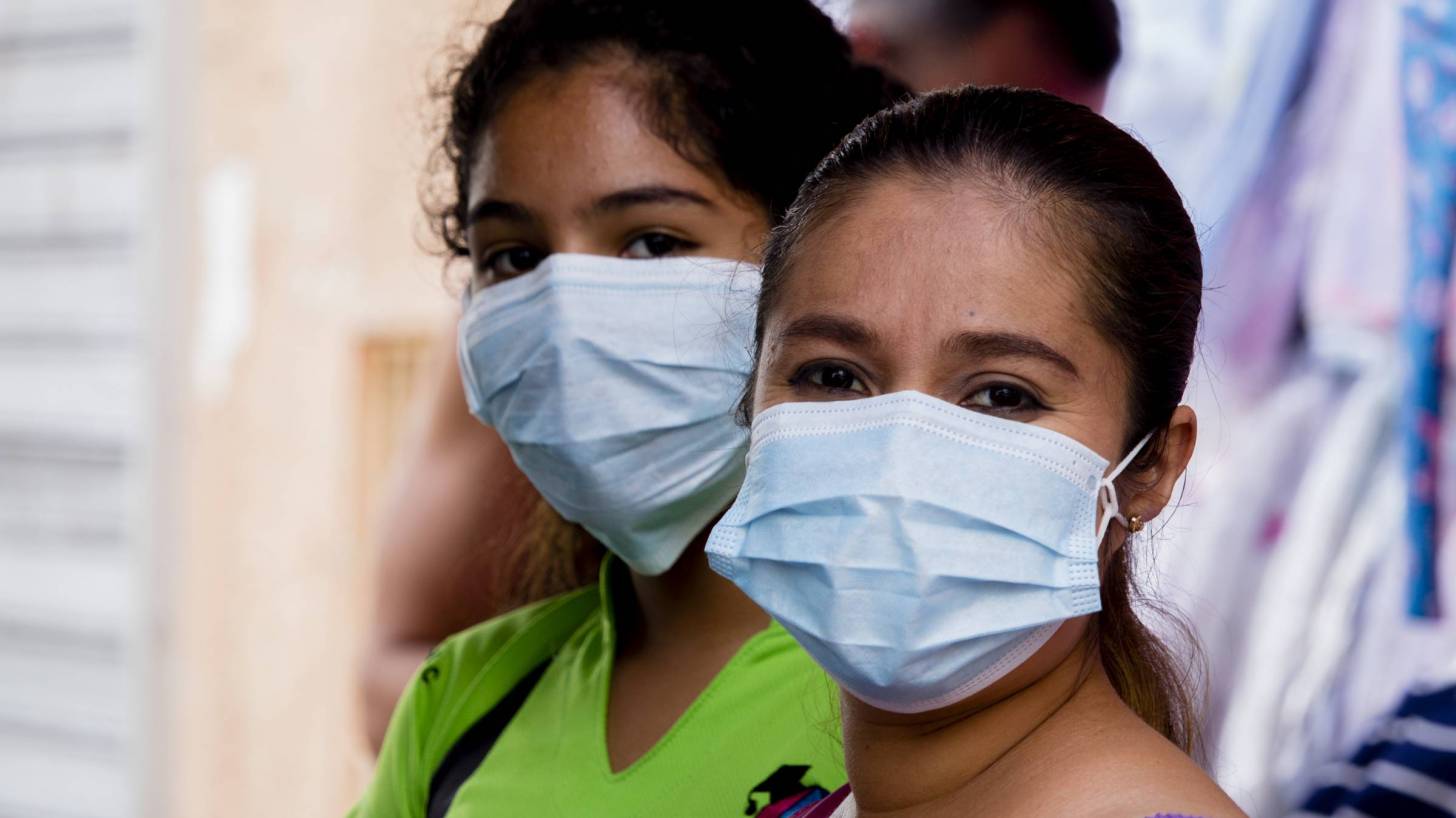COVID-19 Pandemic Has Reduced HIV, Hepatitis, and Sexually Transmitted Infection Testing

The COVID-19 pandemic has had a significantly negative impact on testing for HIV, viral hepatitis, and sexually transmitted infections (STIs) in the WHO European Region.
Preliminary results published by Euro surveillance on November 26, 2020, show that about 95 percent of respondents from 34 countries reported testing less than half the expected number of people between March and May 2020.
This testing decline continued, although to a lesser degree, 58 percent, between June and August 2020, when COVID-19 measures were less strict in most countries, reported these researchers.
These findings indicate for chronic infections, delayed diagnosis and treatment may result in further long-term consequences, including sequelae for individual patients, and even a stalling of the progress achieved in controlling these infections in the WHO European Region.
With reported cases of COVID-19 being on the rise in the Region in the autumn of 2020, and population movement restrictions being re-imposed in many countries, support and guidance are paramount to minimize testing interruptions and ensure the long term sustainability of existing HIV, hepatitis, and STIs (chlamydia, syphilis, and gonorrhea) testing services.
The survey respondents report several new measures because of the pandemic, such as COVID-secure testing services in all settings.
Complementary testing modalities for existing testing strategies such as self-testing (for HIV) and self-sampling (for HIV, hepatitis, and STIs), had not been widely implemented before the pandemic. They constitute important options to diversify and optimize access to testing that should be regulated and made available as part of policy and practice at a national level.
The COVID-19 response in several countries of the WHO European Region has shown capacity in rapidly responding to health threats, which has translated into the rapid scale-up of COVID-19 testing, and launching innovative initiatives to improve contact tracing for this infection. This has shown that it is possible to mobilize resources and adopt policies in a short time, despite limited scientific evidence.
As the COVID-19 pandemic - and future emerging infectious diseases - will likely remain a priority in the Region, it is important to ensure that the response to other infectious diseases is not compromised. Investing in integrated testing responses through the dialogue of those involved at all levels, including for HIV, viral hepatitis, and STIs can speed up recovery of testing provisions in the Region, particularly in the case of key populations, which often are at a higher risk of acquiring more than one infectious disease, concluded this report.
CoronavirusToday publishes research-based news.
Our Trust Standards: Medical Advisory Committee







